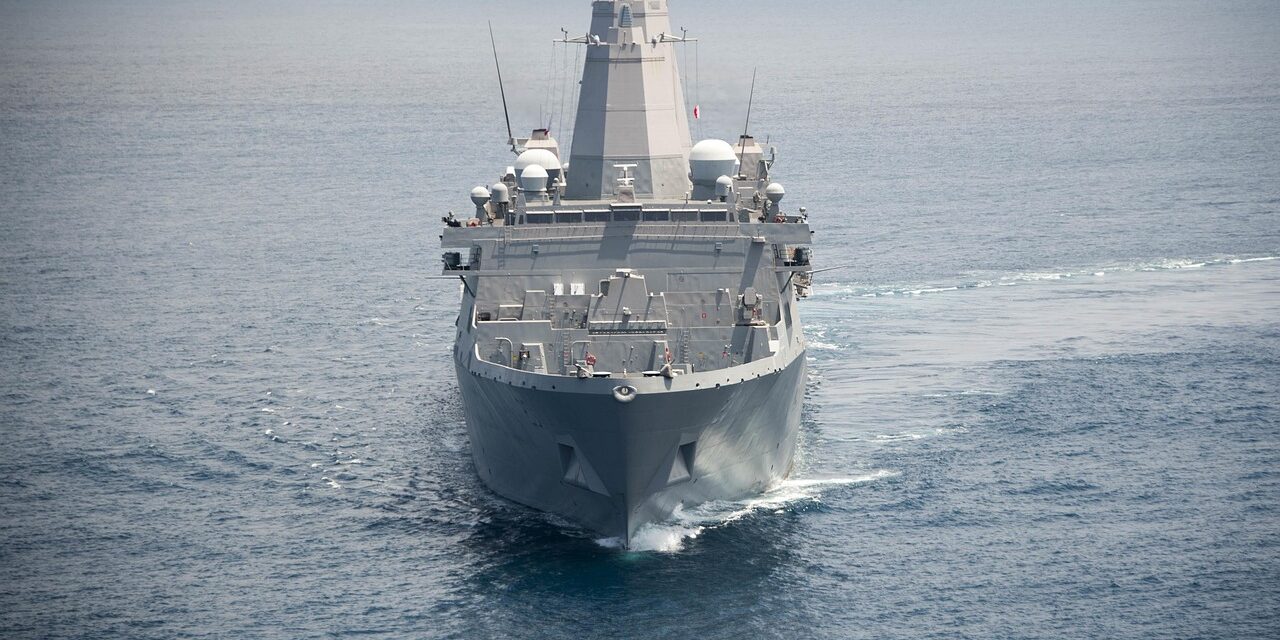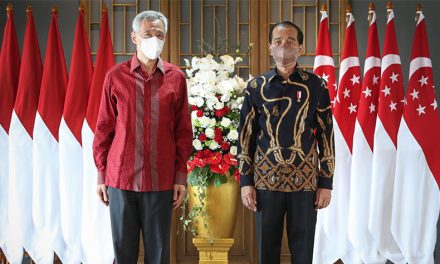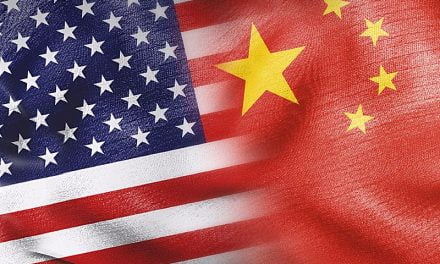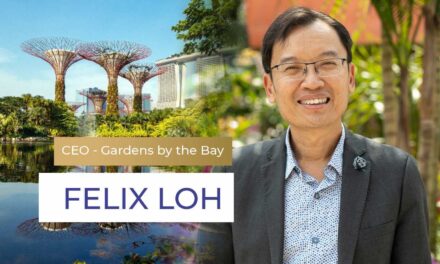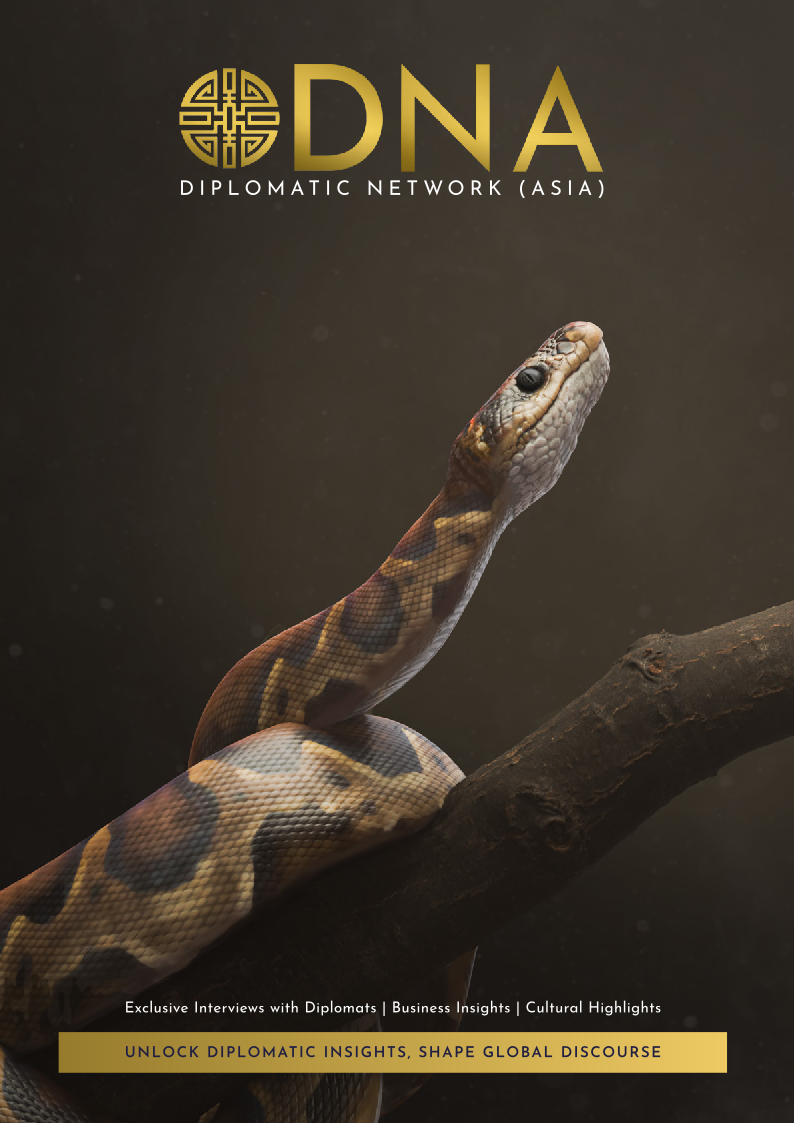Singapore and the United States reaffirmed their longstanding defense partnership last week following recent remarks raising concern over shifting US foreign policy and its implications for regional stability.
Singapore Senior Minister of State for Defence Zaqy Mohamad hosted a US congressional delegation led by Representative Jimmy Panetta at the RSS Singapura – Changi Naval Base on Wednesday, reaffirming the close and longstanding defense partnership between the two nations.
The delegation toured the Republic of Singapore Navy’s Information Fusion Centre and the Counter-Terrorism Information Facility, where they were briefed on Singapore’s initiatives to strengthen maritime security and counterterrorism cooperation. They also visited the USS Gabrielle Giffords, a Littoral Combat Ship deployed to Singapore as part of the US Navy’s rotational presence in the region.
The visit ran for four days to Saturday last week.
During discussions, Zaqy expressed appreciation for the US Congress’ continued support of the Singapore Armed Forces’ overseas training and technological advancements. The delegation, in turn, thanked Singapore for its strong and consistent support of US defense engagement in the region, including facilitating access to military facilities.
Worries over US foreign policy shift
The visit occurred against a backdrop of Singapore raising concerns in Washington following the global shake-up brought about by newly inaugurated US President Donald Trump.
Singapore’s longstanding defense relationship with the United States has been built on shared values, multilateralism, and a rules-based global order. Since the Cold War, the US has provided military support to Singapore in exchange for access to its bases.
However, Trump’s foreign policy approach—marked by threats against smaller nations and a disregard for multilateral institutions—has raised concerns in Singapore.
Former Singaporean Prime Minister Lee Hsien Loong said that the international order has become uncertain as the US steps back from its traditional role as a global stabilizer.
“The US is no longer prepared to underwrite the global order. This makes the international environment far less orderly and predictable,” he said at a Chinese New Year celebration at Teck Ghee Community Club in early February.
‘Landlord seeking rent’
Meanwhile, Singaporean Minister for Defense Ng Eng Hen more bluntly said: “The image has changed from liberator to great disruptor to a landlord seeking rent.” He said this at a round-table discussion at the Munich Security Conference in mid-February, according to Bloomberg.
The remarks followed President Donald Trump’s administration surprising NATO allies by planning direct negotiations with Russian President Vladimir Putin over the future of the Kremlin’s war on Ukraine. Trump has demanded that Ukraine provide USD500 billion worth of its mineral resources to the US as compensation for military assistance.
Singapore has long relied on the US as a regional security guarantor. But Trump’s emphasis on power politics and disregard for global norms threatens this foundation. If the US no longer upholds security and prosperity in the region, Singapore may have to reconsider the nature of its strategic ties with Washington.
35-year Singapore and US partnership
For now, relations remain strong underpinned by the 1990 Memorandum of Understanding Regarding United States Use of Facilities in Singapore; the 2005 Strategic Framework Agreement; and the 2015 Enhanced Defense Cooperation Agreement.
In 2019, Singapore and the US renewed its key defense pact, extending the MoU through to 2035. This renewal allows American forces continued access to Singapore’s air and naval bases, facilitating a sustained US military presence in the region.
Looking ahead, defense and diplomatic officials can anticipate the IISS Shangri-La Dialogue at the end of May.

